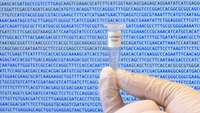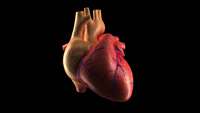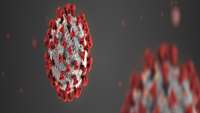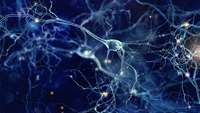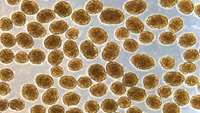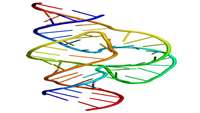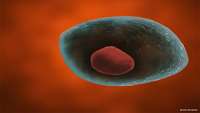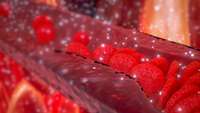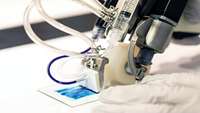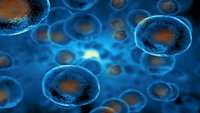First bacterial genome created entirely with a computer
Scientists at ETH Zurich have developed a new method that greatly simplifies the production of large DNA molecules containing many hundreds of genes. With this method, they have built the first genome of a bacterium entirely designed by a computer algorithm. The method has the potential to revolutionise biotechnology.
Changing what heart cells eat could help them regenerate
Current pharmaceutical treatments for heart failure including ACE inhibitors and beta blockers center on trying to stop a vicious cycle of heart muscle loss as strain further damages remaining heart muscle, causing more cells to die, explains UT Southwestern physician-researcher Hesham A.
China uses stem cell therapy to treat severe COVID-19 cases
Chinese researchers are studying the use of stem cell technology in the treatment of people critically ill with the novel coronavirus disease (COVID-19), according to the Science and Technology Daily.
Brain cells protect muscles from wasting away
scientists have now found brain cells that help clean up these tangles and prolong life at least in worms (Caenorhabditis elegans) and possibly mice. This could lead to drugs that improve muscle health or extend a healthy human lifespan.
Diabetes in mice cured rapidly using human stem cell strategy
Researchers have converted human stem cells into insulin-producing cells and demonstrated in mice infused with such cells that blood sugar levels can be controlled and diabetes functionally cured for nine months.
Expanding the limits of the second genetic code with ribozymes
The site-specific incorporation of noncanonical monomers into polypeptides through genetic code reprogramming permits synthesis of bio-based products that extend beyond natural limits.
Researchers identify a key regulatory mechanism in the development of normal pluripotent embryonic cells
The early development of embryos is not well understood. One necessary stage is the formation of the blastocyst, a collection of cells present by about 4 days after fertilization of the egg, before implantation in the uterus. From that tiny collection of cells, all the different cells in the body must be created.
Cause of hardening of the arteries – and potential treatment – identified
In research published today in Cell Reports, the team of researchers from King’s and the University of Cambridge have identified the mechanism behind hardening of the arteries for which there is no treatment.
U of T researchers handheld 3D skin printer helps heal large, severe burns, study finds
A handheld 3D skin printer developed by researchers at the University of Toronto and Sunnybrook Health Sciences Centre can deposit sheets of skin to cover large burn wounds – and its “bio ink” can accelerate the healing process.
Kidney stem cells isolated from urine could be the future of regenerative therapies
Scientists have demonstrated their protocol for the reproducible isolation of kidney stem cells from human urine. These urine derived renal progenitor cells (UdRPCs) could be used to provide easier access to stem cells for regenerative kidney therapies and modelling diseases for R&D.


